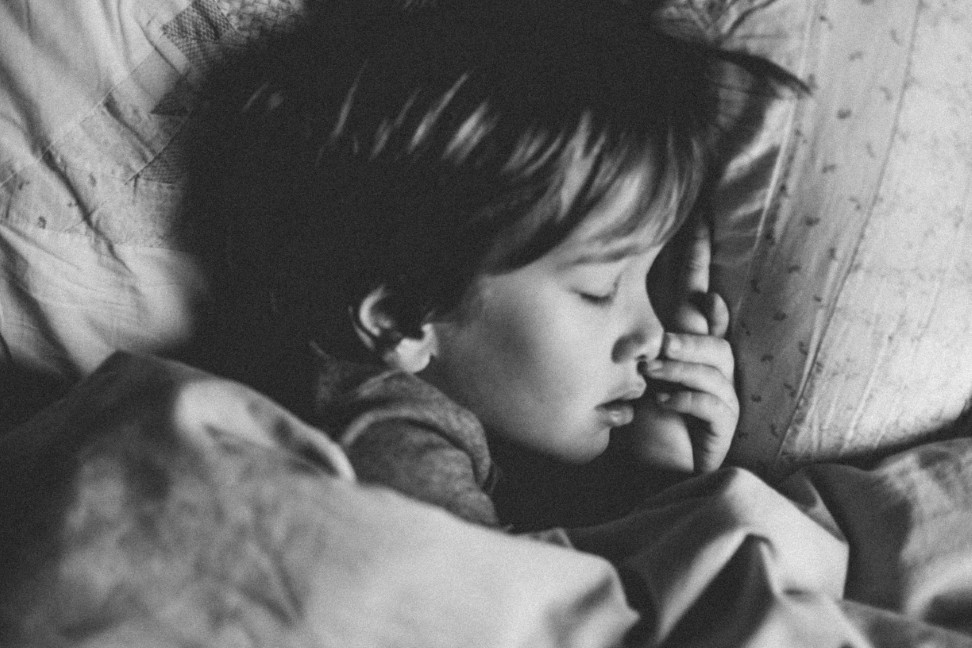Therapy and counseling are essential tools for addressing mental health issues, coping with life’s challenges, and achieving personal growth and self-improvement. There are many different types of therapy and counseling available, each with its own focus and approach. Understanding these various options can help individuals choose the right form of support that aligns with their needs and goals.
One type of counseling that is often overlooked is clergy counseling, which involves seeking support and guidance from religious leaders or spiritual advisors. This form of counseling integrates faith and spirituality into the counseling process, providing individuals with a unique perspective on their concerns. Clergy counselors are trained to address a wide range of issues, including relationship problems, grief and loss, stress management, and spiritual growth.
Another common form of therapy is cognitive-behavioral therapy (CBT), which focuses on identifying and changing negative thought patterns and behaviors. CBT is highly effective in treating anxiety, depression, and other mental health conditions by helping individuals develop healthier ways of thinking and responding to challenging situations.
Psychodynamic therapy, on the other hand, explores the unconscious mind and past experiences to gain insight into current issues. By examining childhood experiences and unconscious patterns, psychodynamic therapy aims to uncover underlying factors contributing to emotional difficulties and behaviors.
Family therapy involves working with multiple family members to address relational issues, communication problems, and conflicts within the family system. Family therapists help clients understand and improve family dynamics, strengthen relationships, and develop more effective ways of interacting with one another.
Another popular form of therapy is mindfulness-based therapy, which emphasizes being present in the moment and cultivating self-awareness. Mindfulness practices, such as meditation and breathing exercises, help individuals reduce stress, increase emotional regulation, and improve overall well-being.
Group therapy involves meeting with a small group of individuals facing similar challenges in a supportive and confidential setting. Group therapy provides a sense of community and connection, allowing participants to share experiences, receive feedback, and gain new perspectives from others.
Lastly, couples therapy focuses on improving relationships between partners by addressing conflicts, improving communication, and fostering intimacy. Couples therapists help partners navigate challenges, strengthen their bond, and develop healthy relationship skills.
In conclusion, therapy and counseling come in many forms, each offering unique benefits and approaches. By understanding the different types of therapy available, individuals can make informed decisions about the type of support that best suits their needs and goals, whether it be clergy counseling, CBT, psychodynamic therapy, family therapy, mindfulness-based therapy, group therapy, or couples therapy. All forms of therapy provide valuable tools for personal growth, healing, and self-discovery.
——————-
Check out more on clergy counseling contact us anytime:
Restore Counseling and Coaching | Therapy for Black Clergy Couples and Families | 906 Kirkwood Avenue, Huntingdon Valley, PA, USA
https://www.restorecounselingandcoaching.com/
7735779902
Restore Counseling and Coaching offers proven therapeutic approaches integrated with Christian spirituality to provide healing and transformation for Black clergy, couples and families. Discover how our faith-based counseling can restore and strengthen your relationships. Visit Restore Counseling and Coaching to learn more.
Are you ready to heal, grow, and thrive? Restore Counseling and Coaching offers compassionate guidance and support to help you unlock your full potential and live a life of fulfillment. Visit our website to learn more about our services and start your journey to restoration today.

